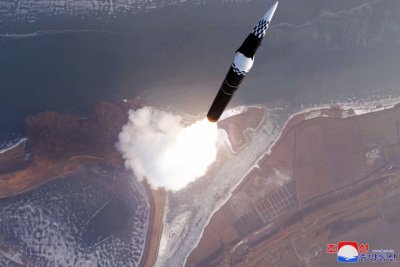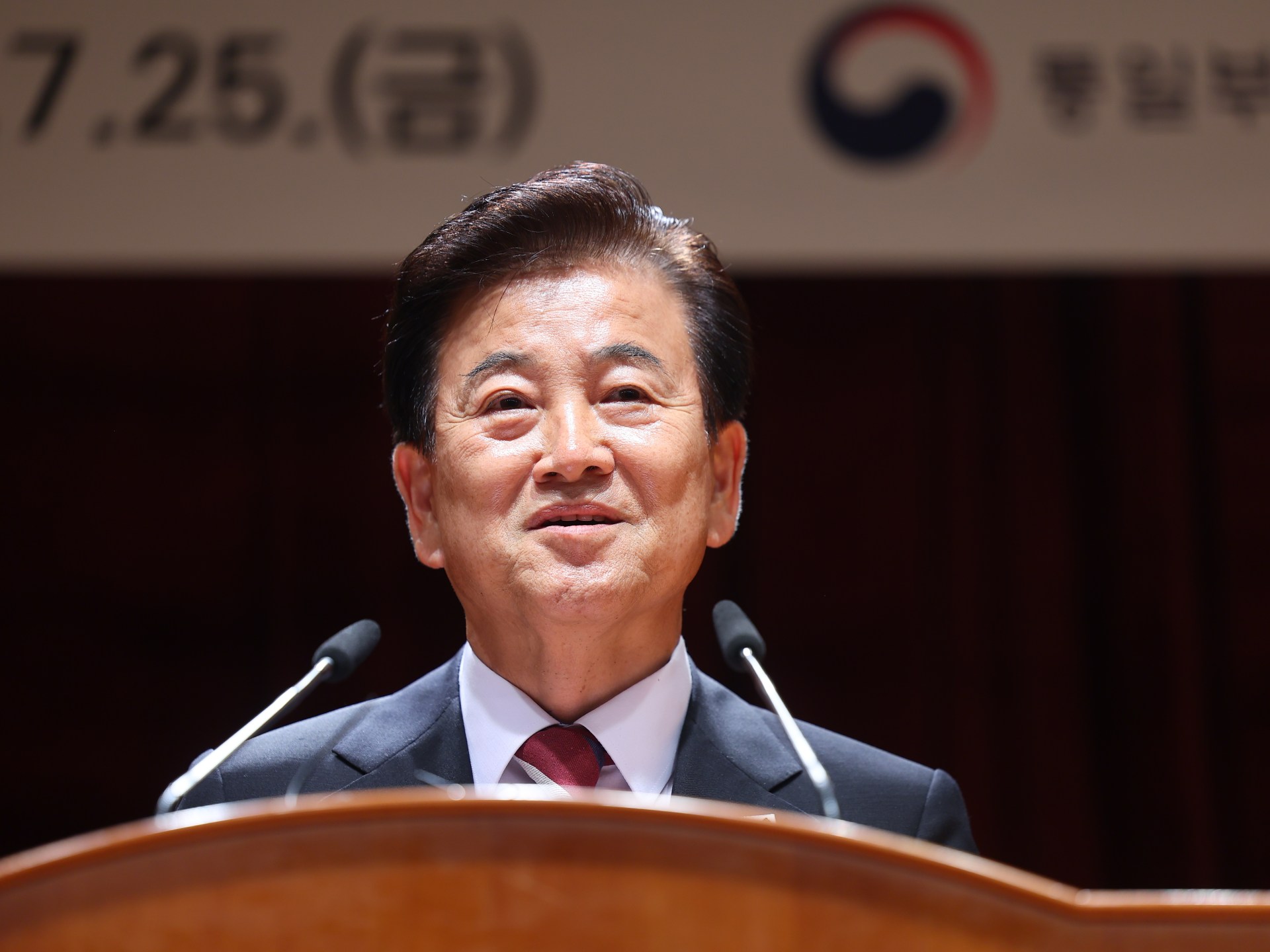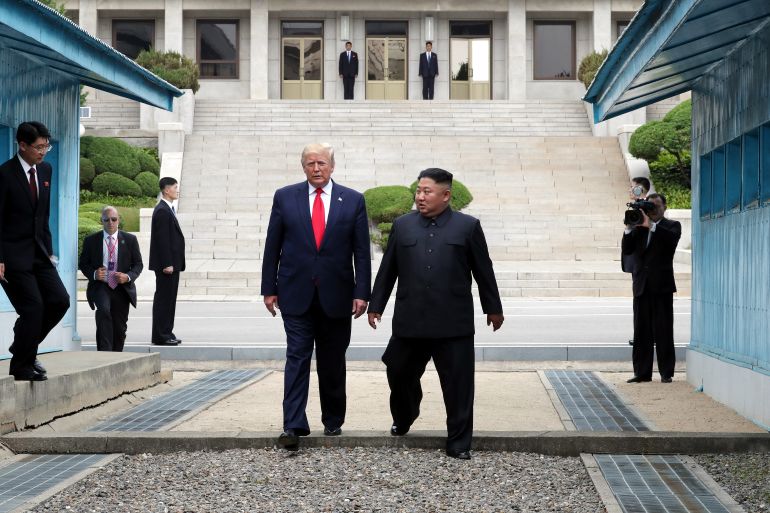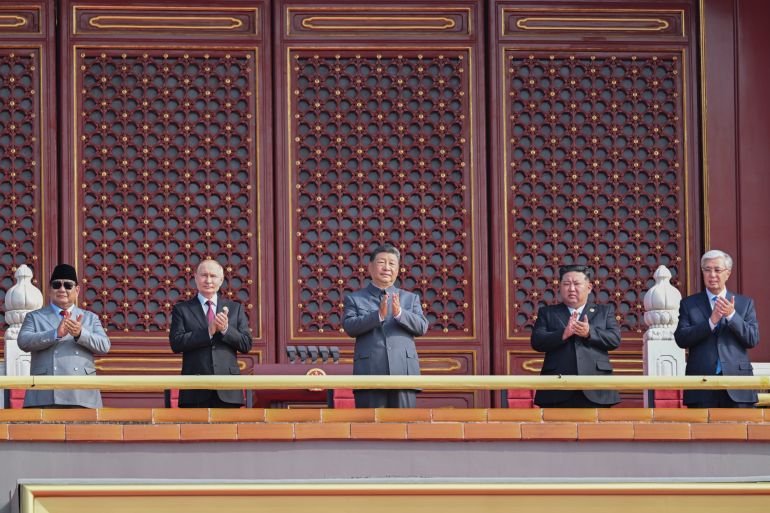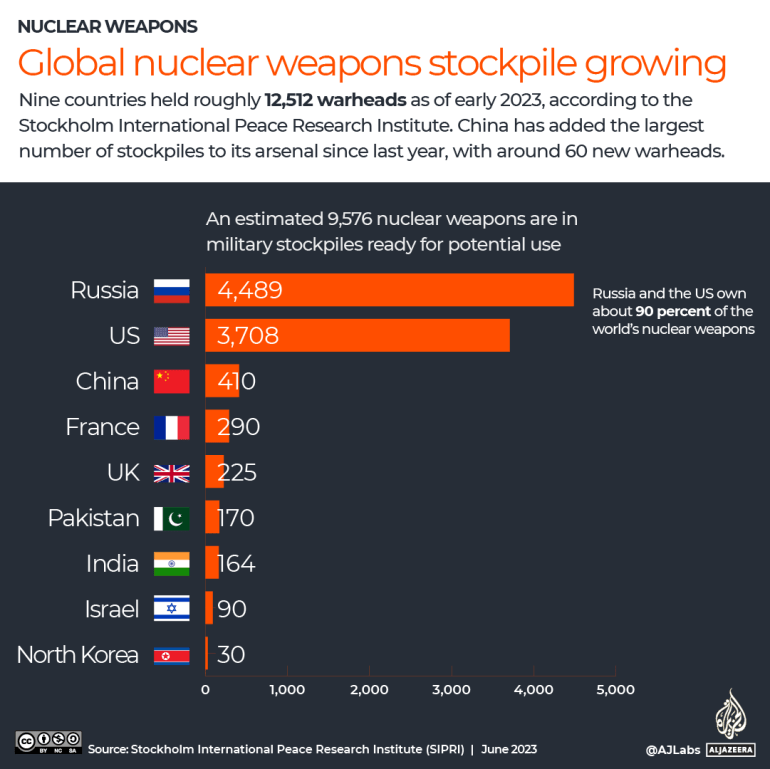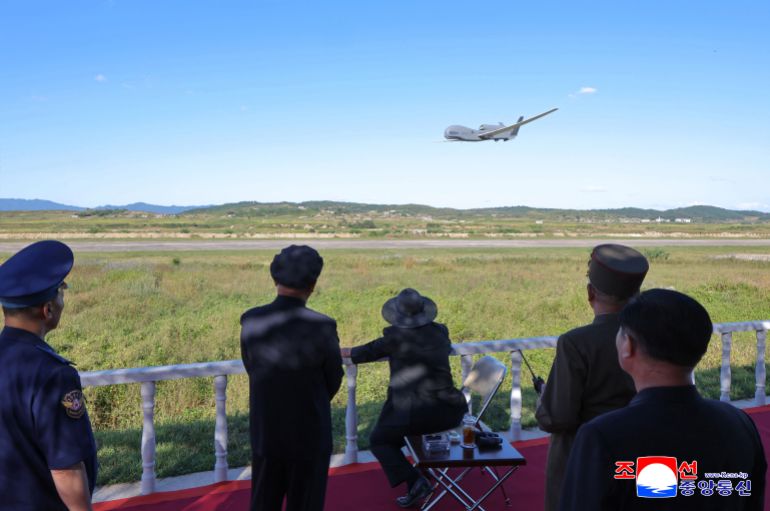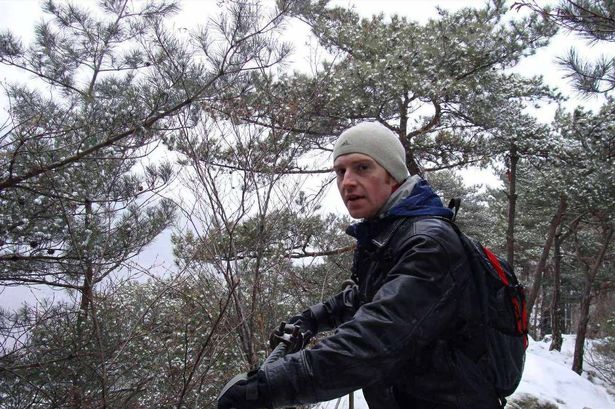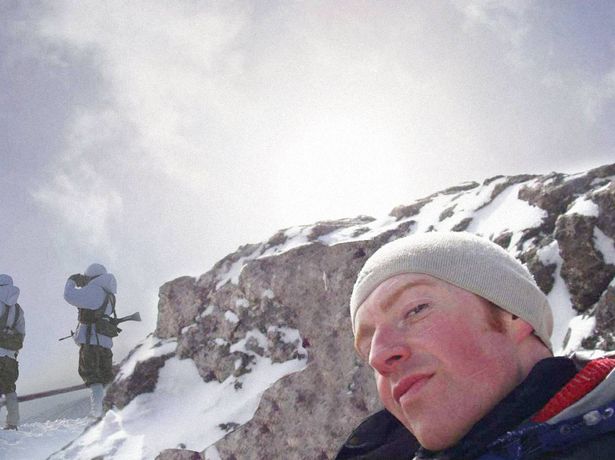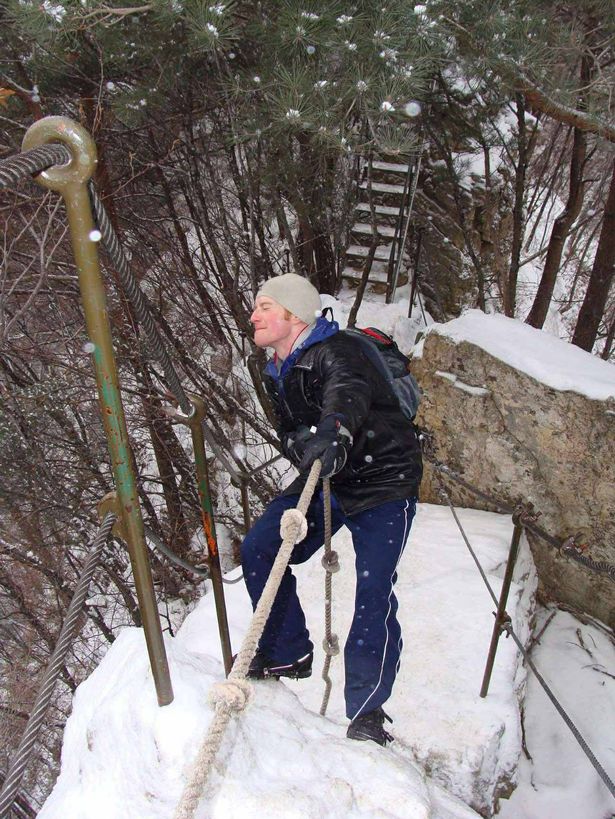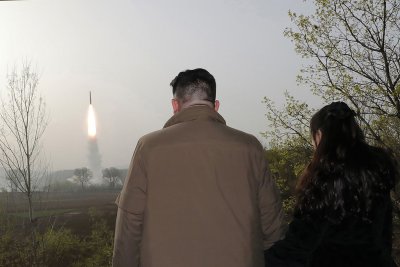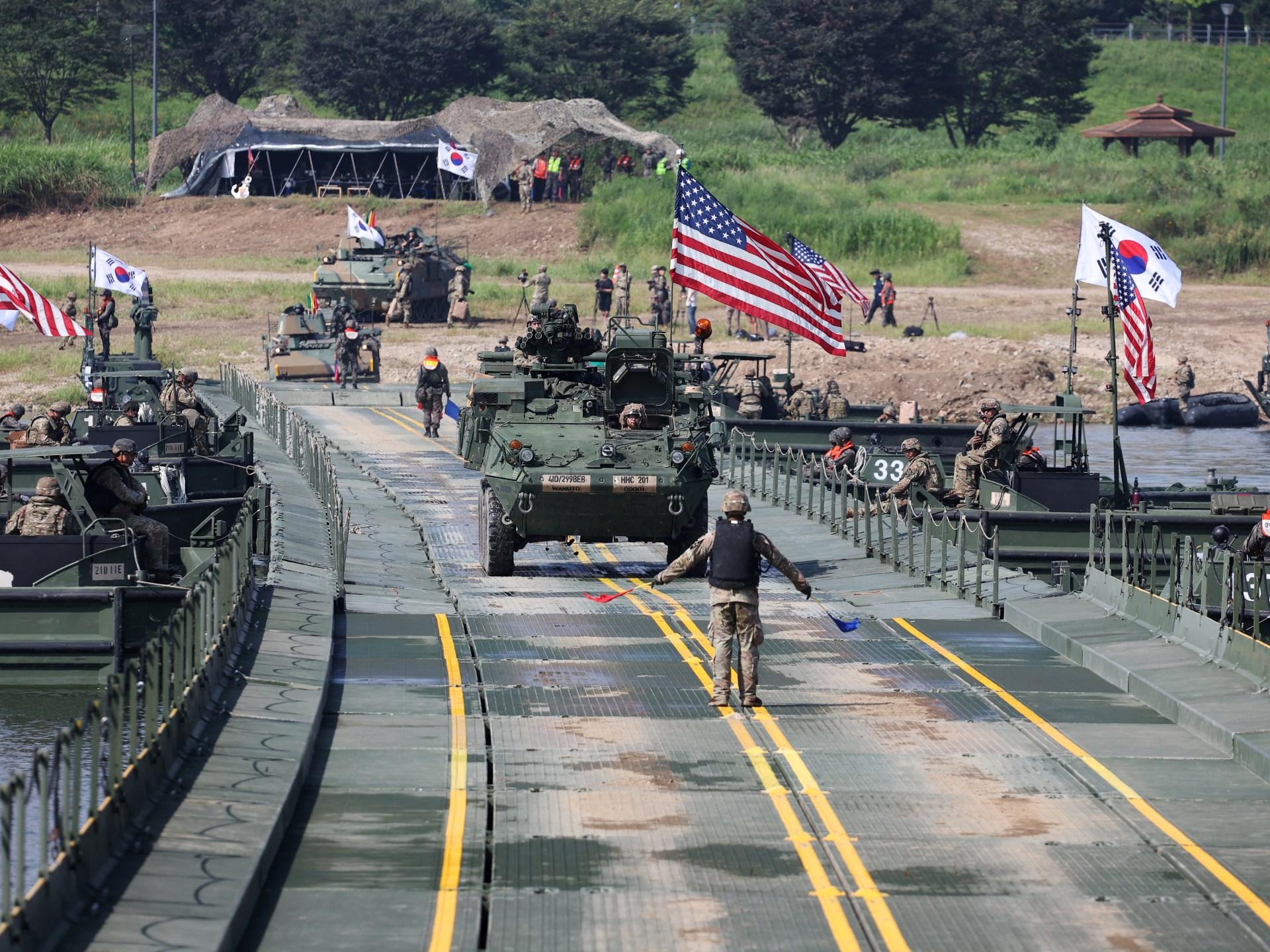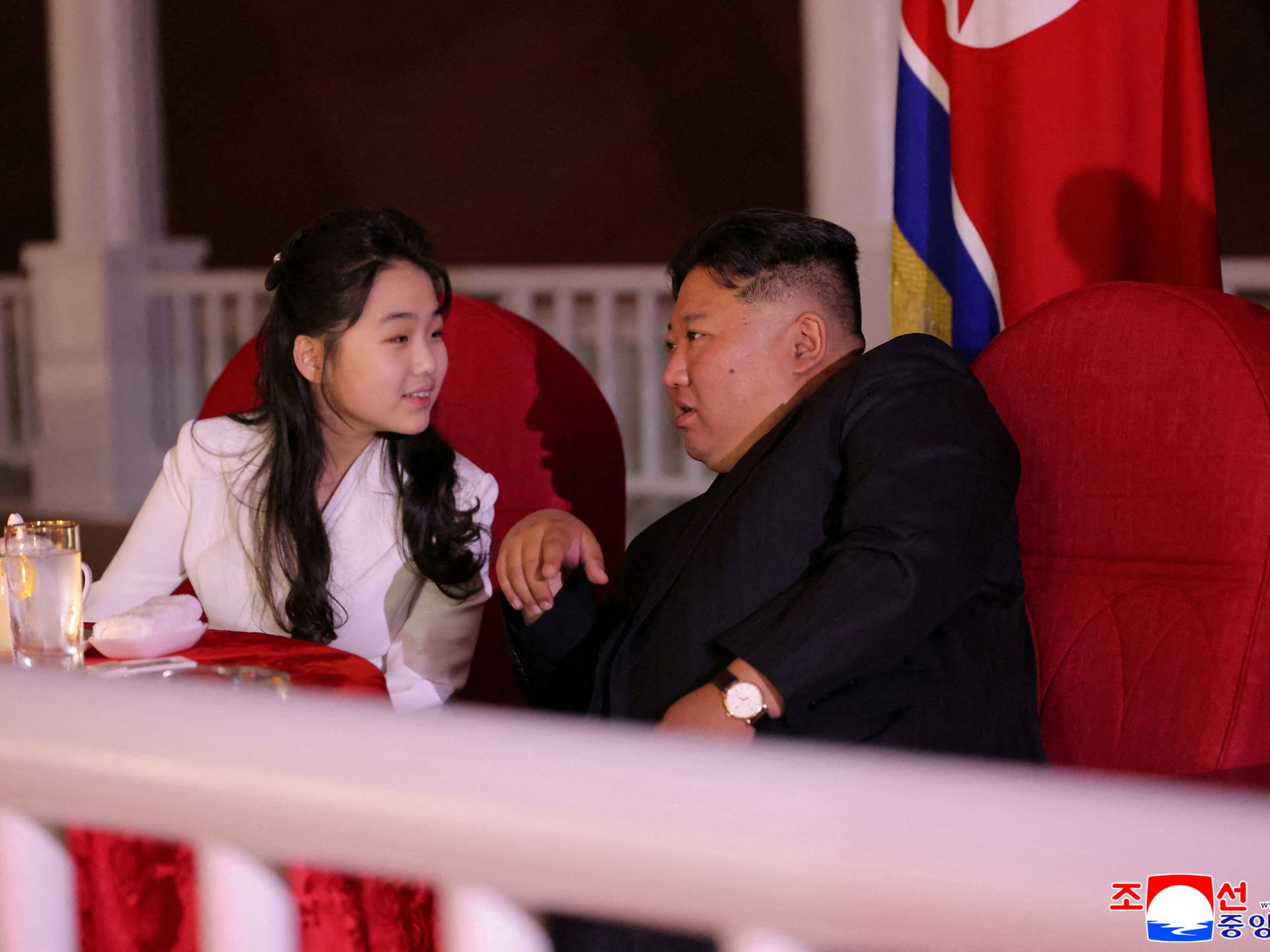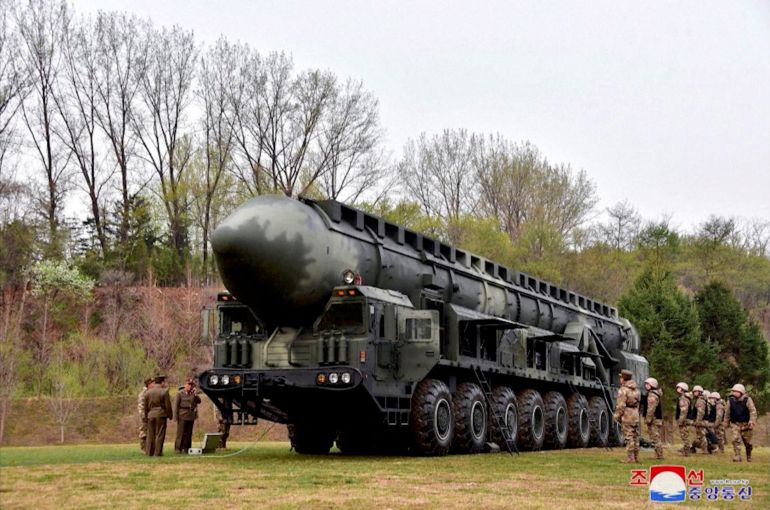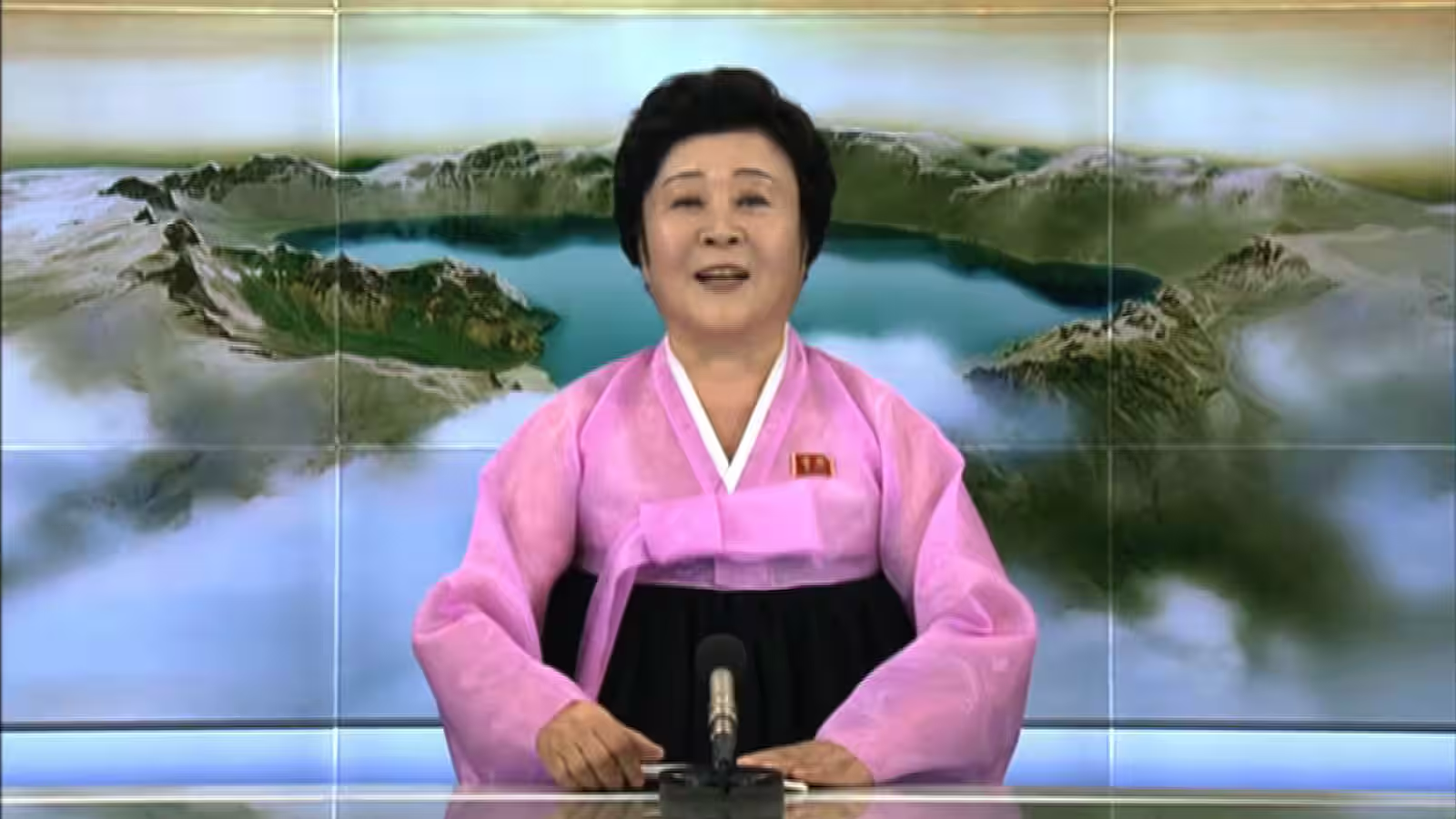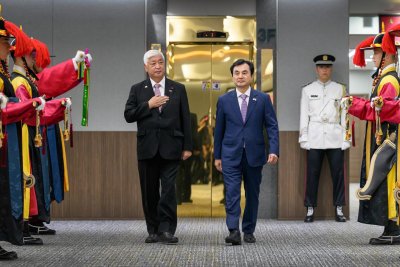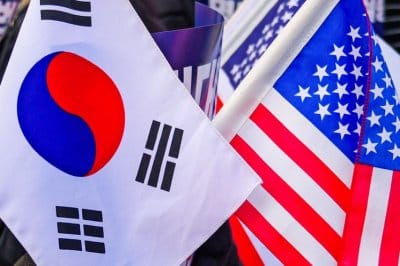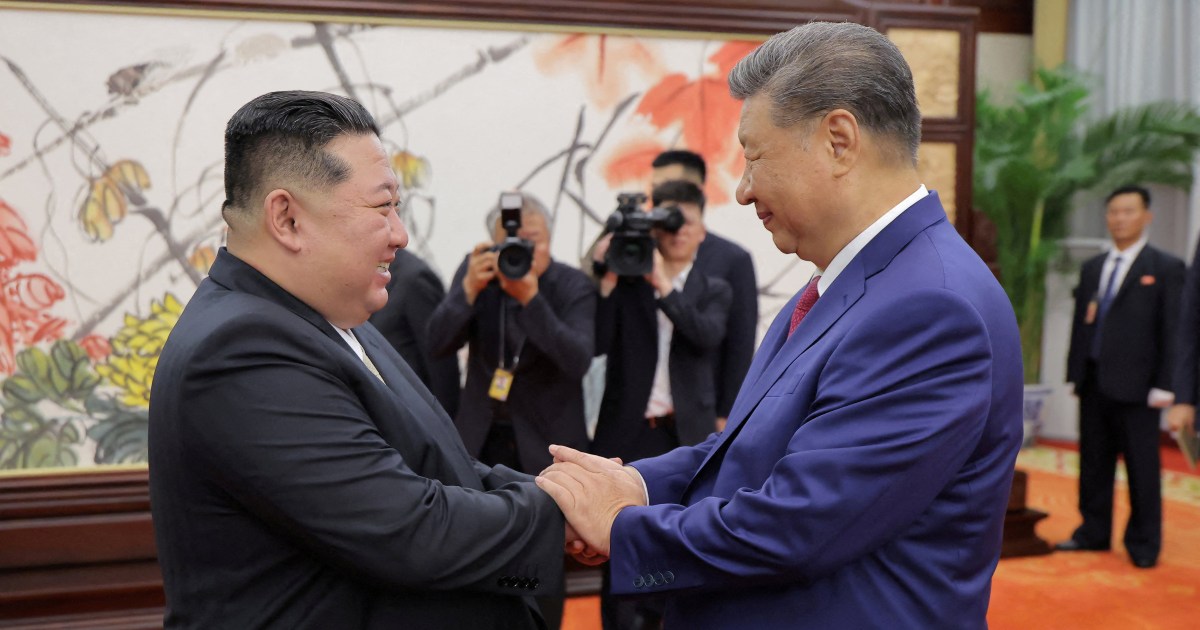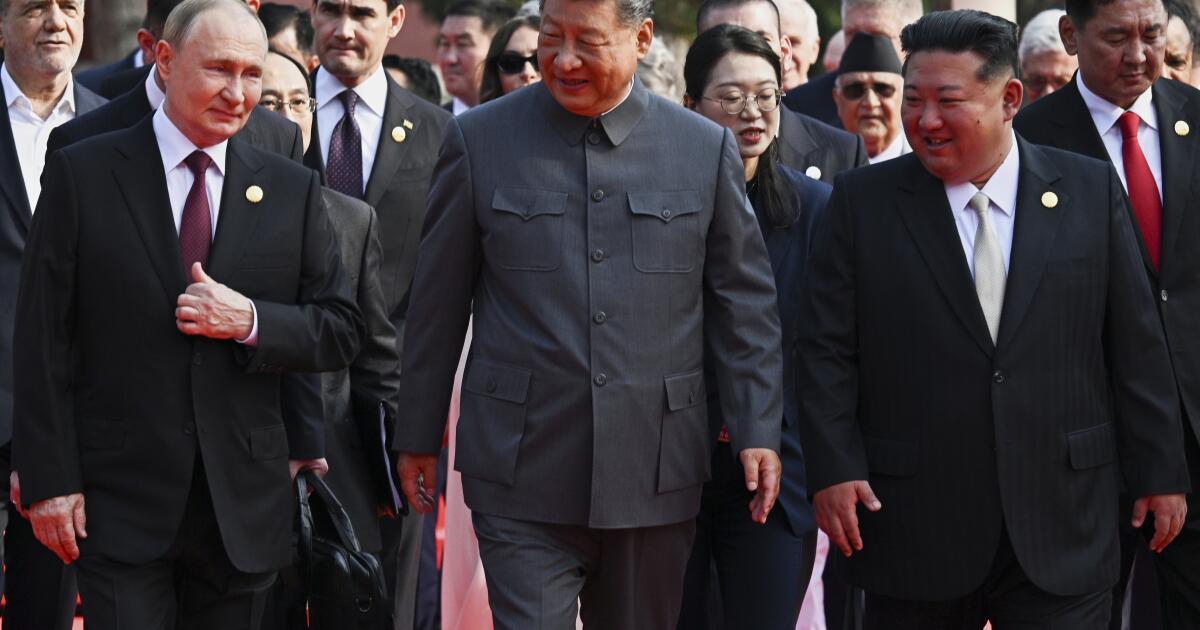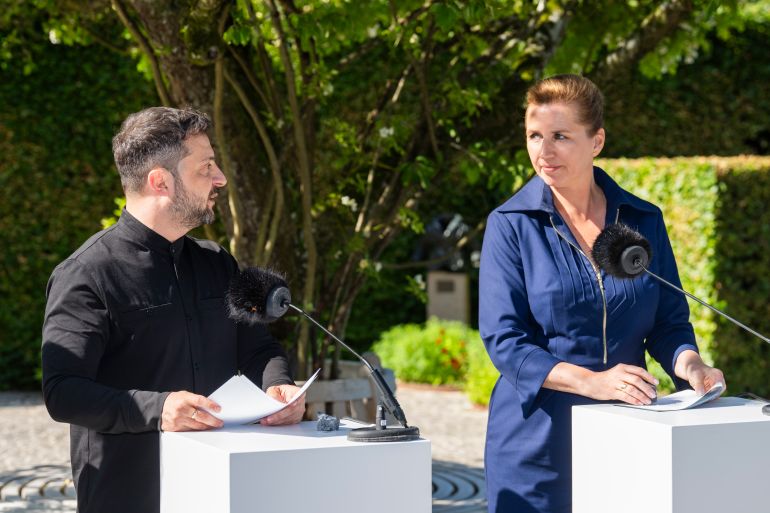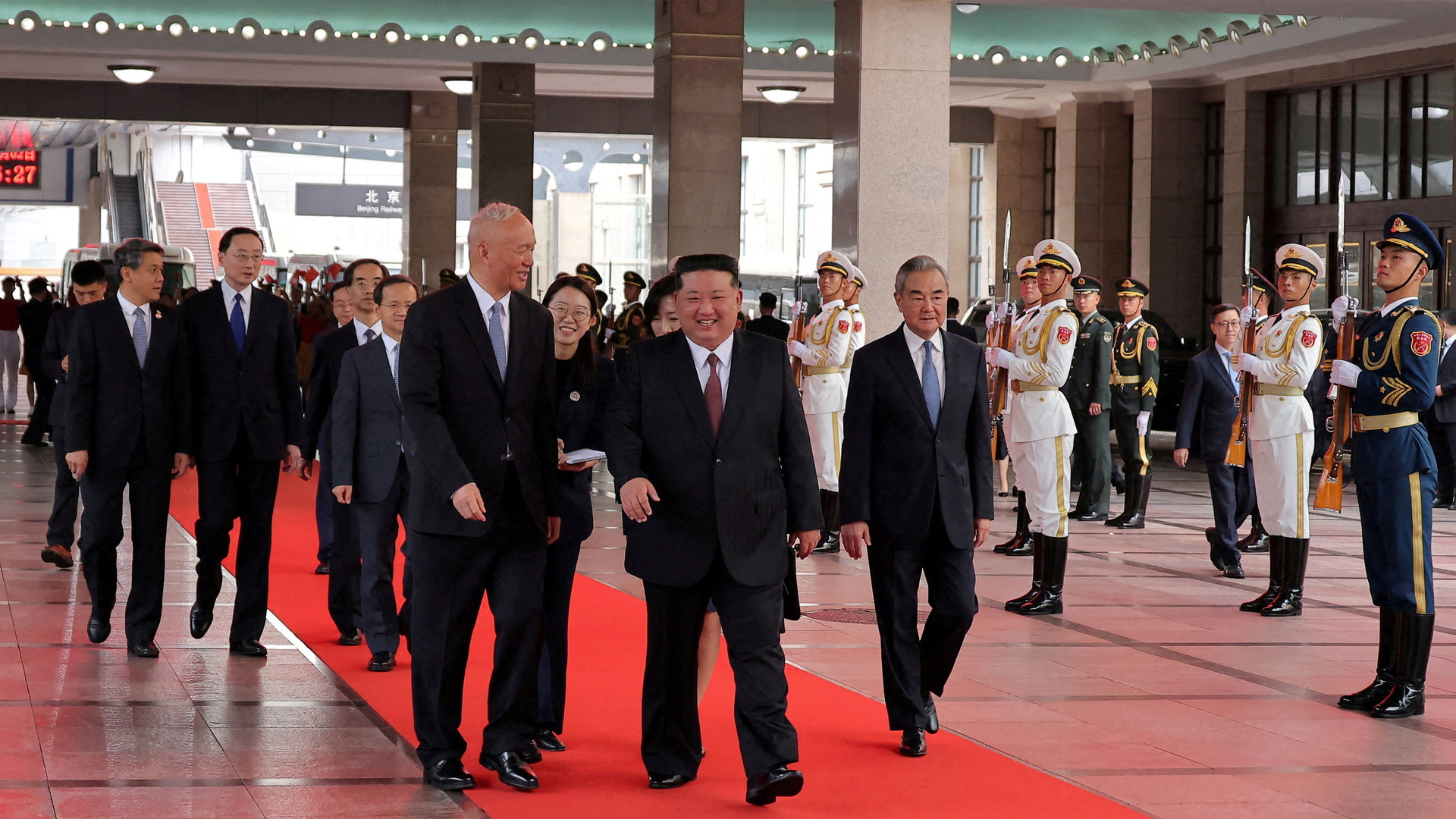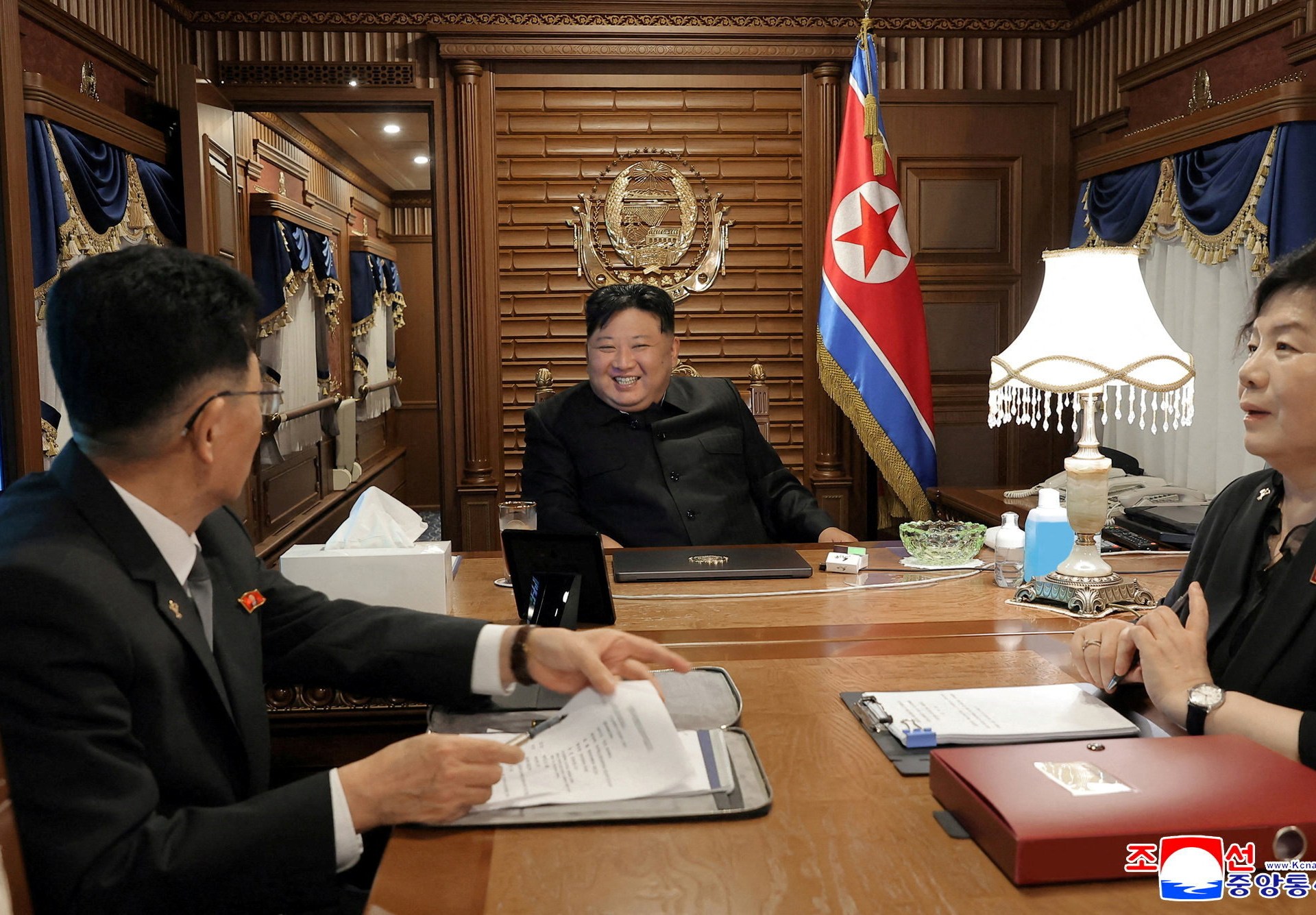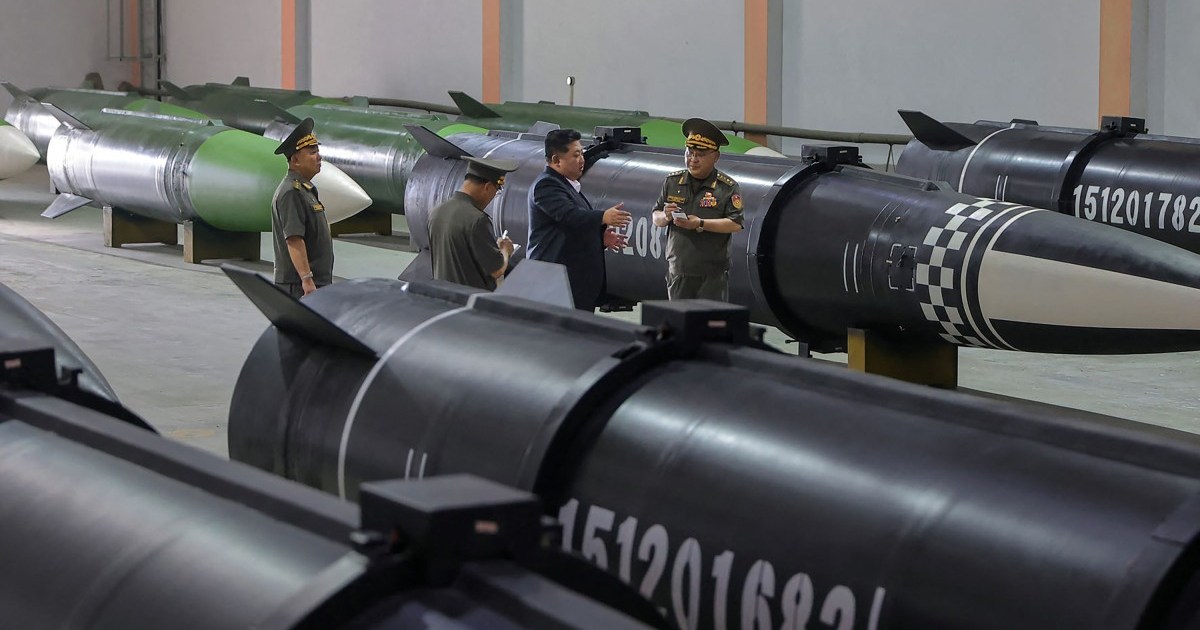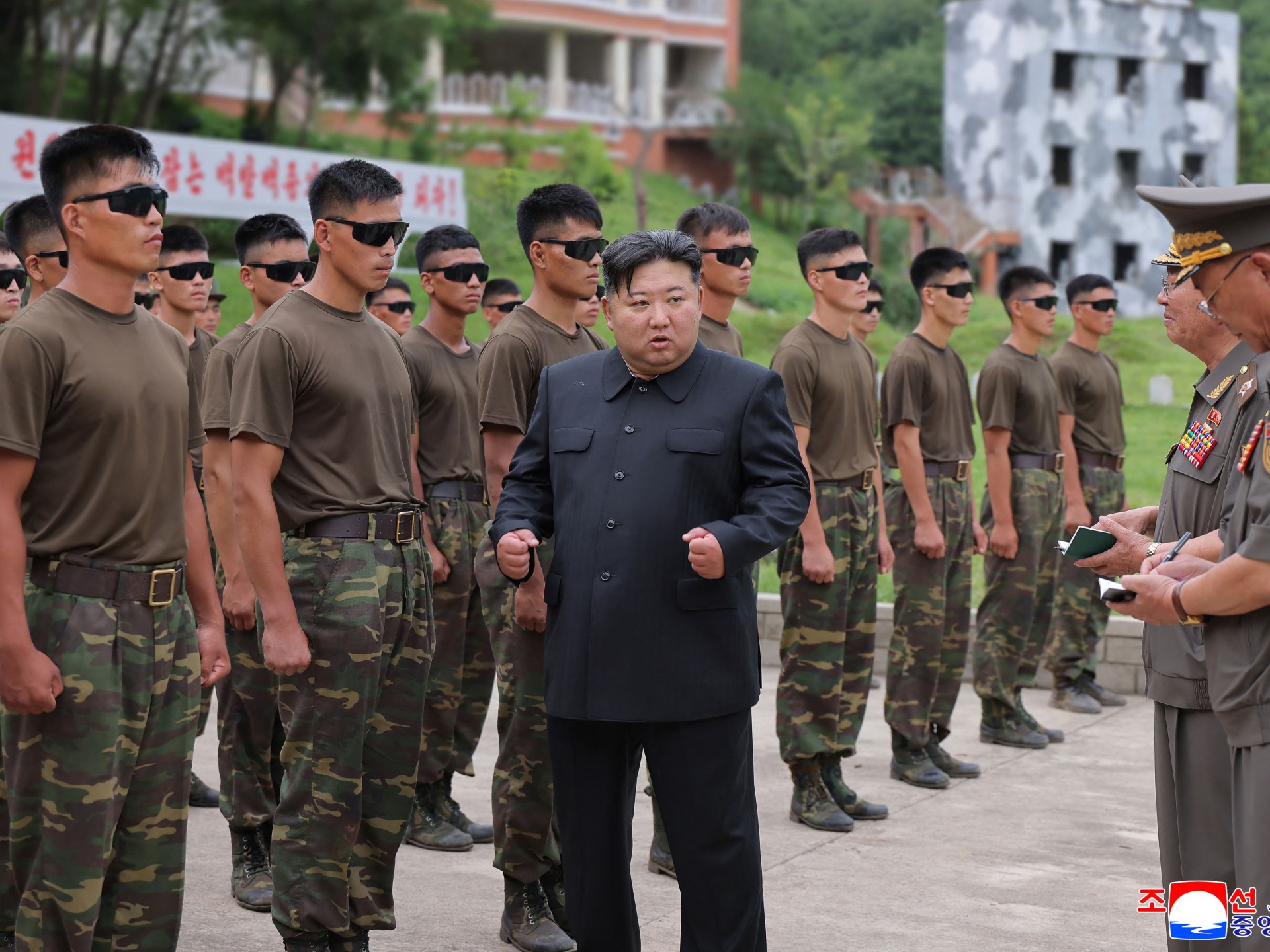Stephen Low, 48, was celebrating the end of his first year teaching English in South Korea when he decided to go on a hike near the North-South border – but he got more than he bargained for
A British man found himself at the business end of a South Korean guard’s gun during an innocent hike.
Stephen Low had just finished his first year teaching English at a school near the infamous DMZ (Demilitarized Zone) between North and South Korea. He had no idea then that his language teaching abilities were ultimately what would rescue him when facing the barrel of a gun.
The now 48-year-old decided to walk down a well-known trail near the North-South border. There, sniper posts and echoes of conflict provided a spine-chilling reminder of the hostilities across the divide.
Stephen knew the area was no place to mess around. In fact, one of his friends found themselves in hot water after they hopped on a military bus by mistake and “ended up in the military side of the DMZ.”
READ MORE: 2026 set to be ‘best year in a decade’ to book a Northern Lights holidayREAD MORE: ‘Prettiest’ capital city in the world is less than three hours from UK with £25 flights
“I just went hiking up to a hiking trail,” Stephen said.
As he approached the peak, the temperature dropped dramatically, and so Stephen sought refuge in one of the shelters scattered around the mountainside. He warmed himself by igniting a small fire, using a copy of the vampire fantasy novel Twilight as tinder.
Unfortunately, much like the romance in the Stephenie Meyer book, the fire burned too hot.
“As the fire burned, lots of thick smoke began wafting out from the hut. Suddenly, I heard shouting and as I emerged coughing and spluttering from the smoke-filled sniper hole, a ton of soldiers came down the mountain; they must have thought they were under attack,” Stephen continued.
Happily the teacher managed to slip away from the fire and the approaching soldiers, only to come face-to-face with a beekeeper, surrounded by bees.
“The bees swarmed me and got inside my clothing. I basically tore everything off to avoid being stung and ended up in just my boots, beanie, and boxers, which just so happened to be Union Jack boxers. That beekeeper must have thought I looked crazy…patriotic, but crazy,” he continued.
The misadventure wasn’t to end there however. Stephen rushed back towards the town where he was staying, only to stumble into a soldier. Despite Stephen’s best efforts to explain in Korean that he was simply lost, the guard remained deeply suspicious.
And as he stared at the guard’s M16 machine gun with its grenade launcher attachment, Stephen realized he needed to be far more persuasive. In a desperate bid to prove his innocence, Stephen called a former Korean student of his, who was now serving as the personal doctor to the South Korean president.
Handing the phone to the guard, Stephen pleaded, “Hangook chingu, Hangook chingu!”, translating to “Korean friend, Korean friend!”.
Despite initial fears that the guard was trigger-happy, he took the call instead. The ex-student managed to convince the soldier to escort Stephen safely through the base.
Stephen recounted, “It was hard to believe the guard actually thought I was a spy. But it’s exactly what my friend later told me the guard was accusing me of being. Back then, South Koreans were very wary of North Korean espionage; you even had options on your mobile emergency list for reporting spies!”.
“The guard was prepared for a North Korean around the corner, not a semi-naked hiker from the UK. South Korean guards have emergency numbers on speed dial that let them report a spy.”
While having a gun waved in your face is an experience best avoided if possible, the whole escapade has taught Stephen a valuable lesson.
“The lesson learnt is don’t set fire to things in public places,” he concluded.
